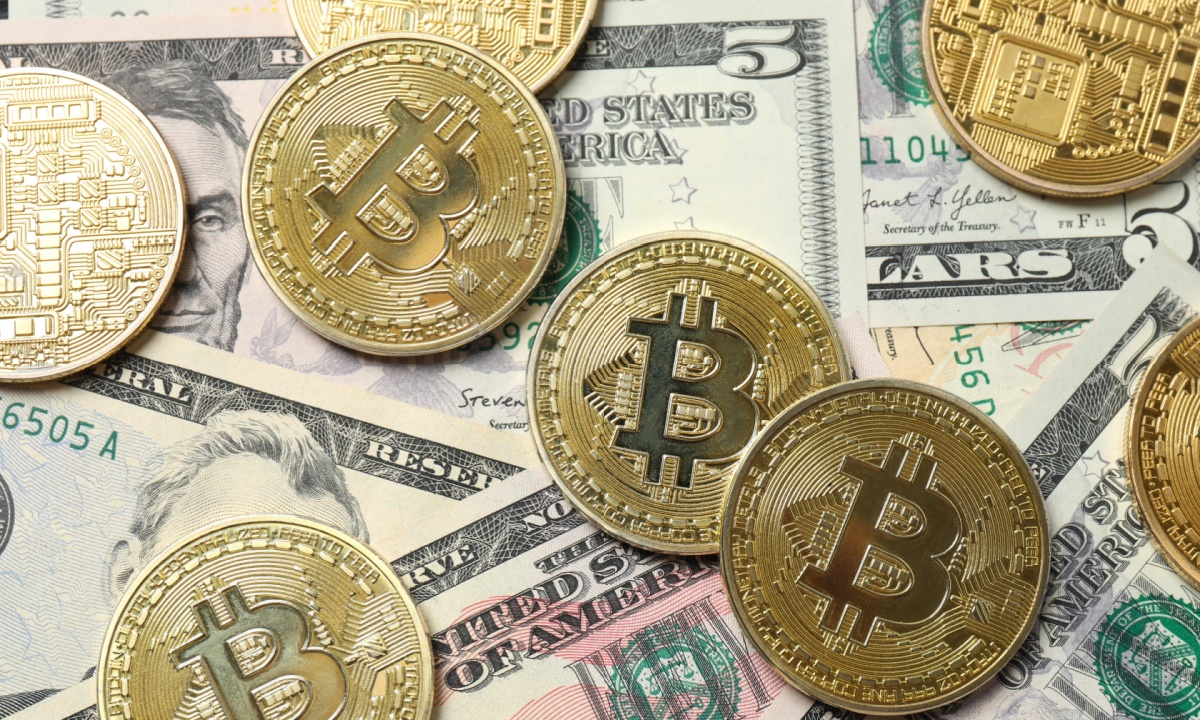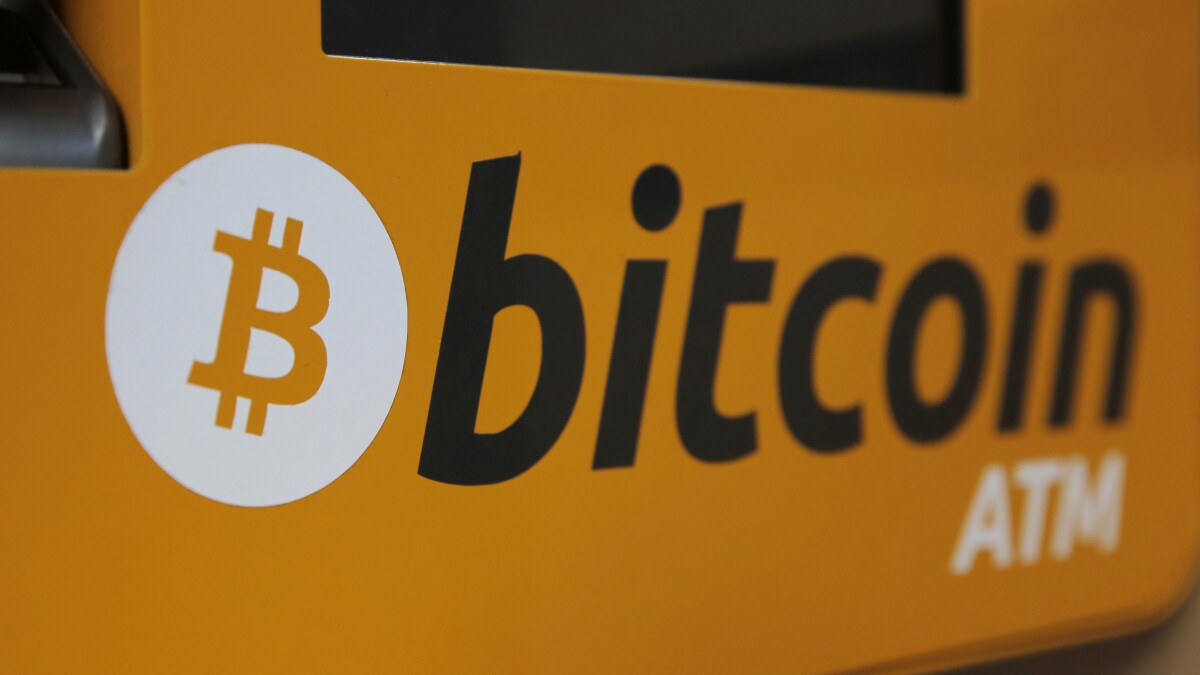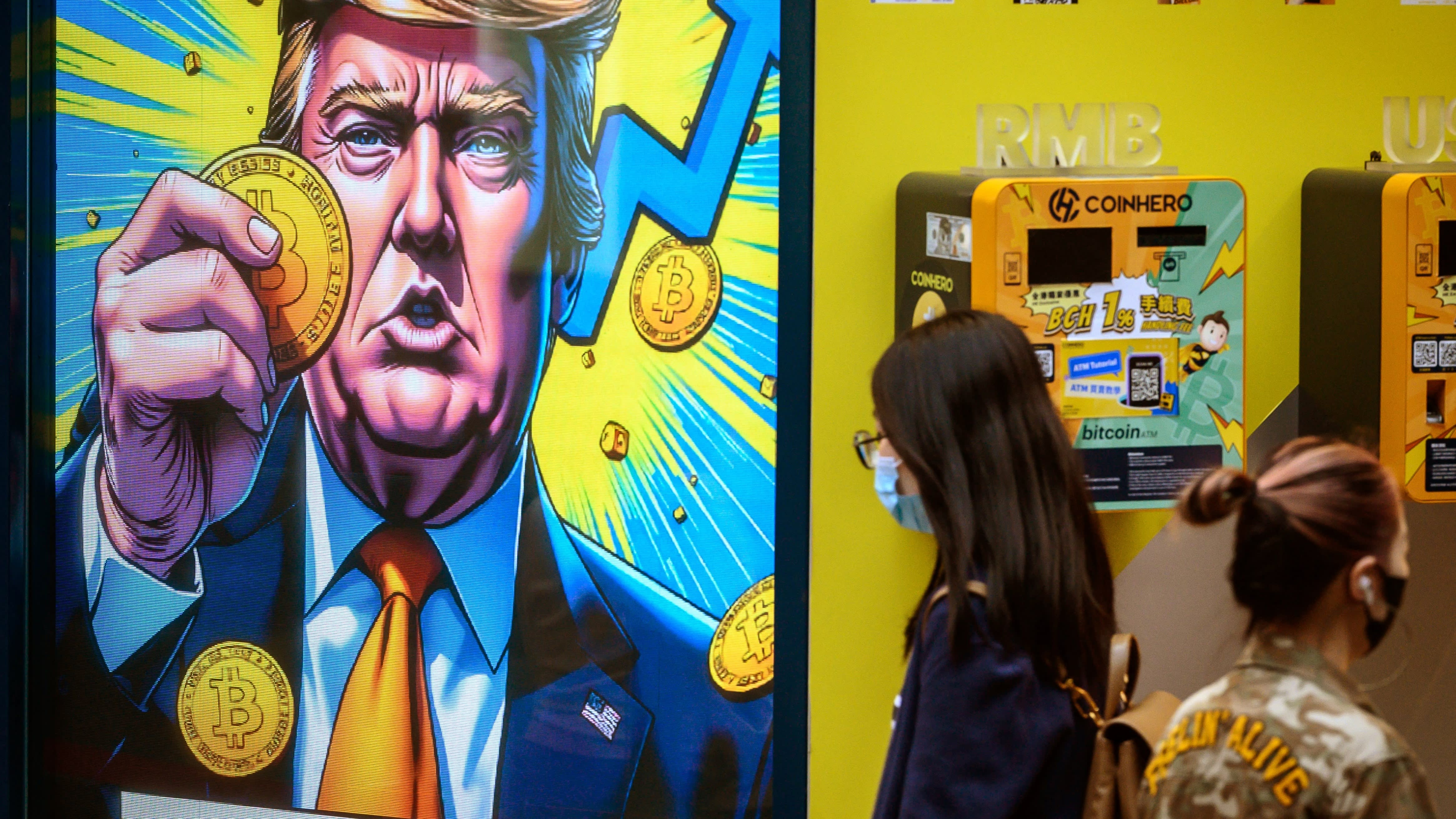Bitcoin's Rise: Could the Dollar's Global Reign Be Ending? Economist Warns of Seismic Shift

In a bold proclamation that's sending ripples through the financial world, Jeremy Siegel—a renowned Wharton Business School professor and chief economist at WisdomTree—suggests that Bitcoin could potentially dethrone the U.S. dollar from its long-standing position as the global reserve currency. Siegel's provocative statement challenges traditional economic thinking and highlights the growing legitimacy of cryptocurrency in mainstream financial discourse.
The expert's commentary underscores the increasing potential of Bitcoin to disrupt established monetary systems, signaling a potential paradigm shift in how we perceive and use global currencies. As digital assets continue to gain traction and institutional acceptance, Siegel's insights offer a compelling perspective on the future of international finance and the evolving role of decentralized monetary instruments.








